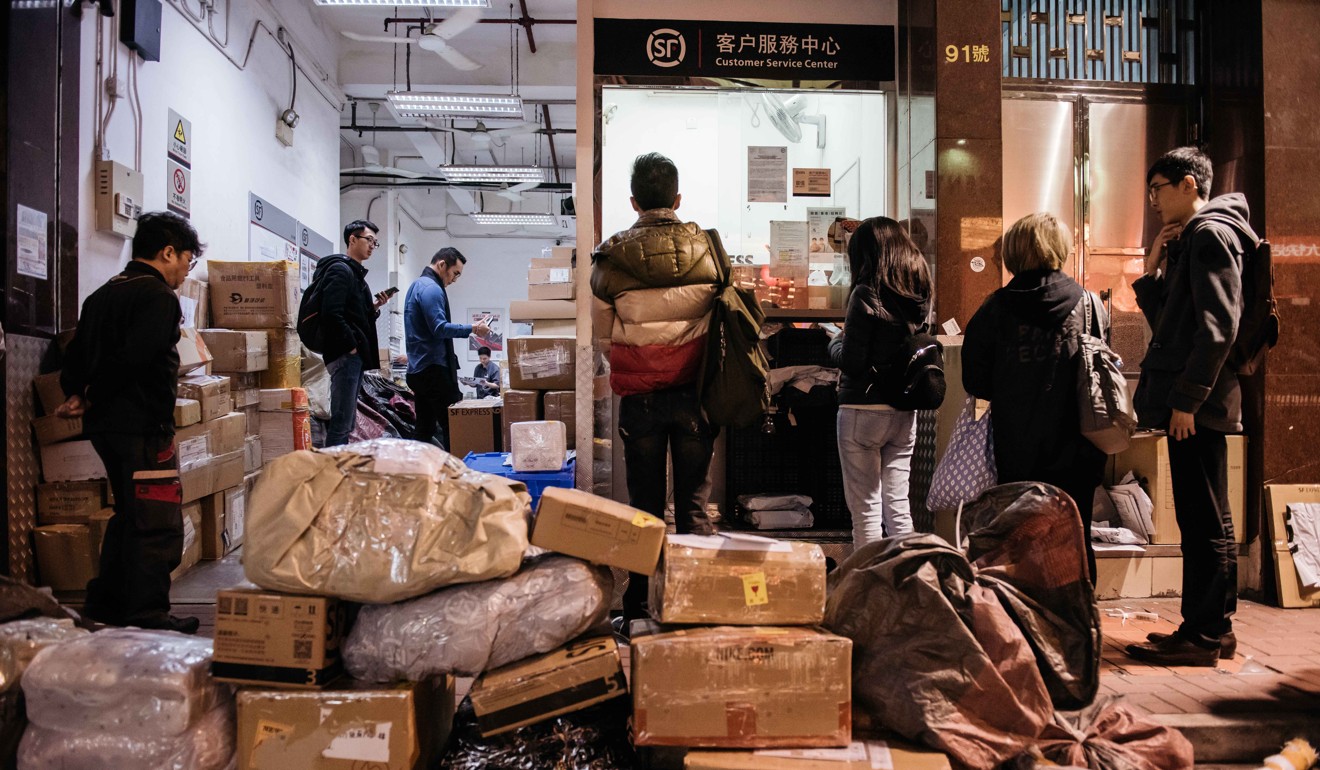
China’s SF Express eyes home-grown technology as means to expand globally
SF Express, one of China’s largest logistics service providers, wants to transform into a technology-driven courier and adopt home grown Chinese technology to boost its business internationally.
“One of our primary objectives is to understand how we use technology to differentiate ourselves [from our rivals],” David Adams, chief executive officer of the international business unit of SF Express, told the South China Morning Post. “China already has tremendous technologies and we will primarily use Chinese technology as a foundation to expand our business.”
For example, the Shenzhen-based SF Express has already started commercial drone deliveries after receiving China’s first drone airspace license. “Drones are really useful in special delivery situations such as emergencies and remote areas,” Adams said. “But right now, from my understanding, there are no plans to use drones outside China.”
To expand the international business, SF Express will adopt two different models depending on the region.
“In some Asian countries such as Singapore and Korea, which are closer to China, we will invest directly in infrastructure and service development,” Adams said. In Singapore, SF Express offers domestic delivery services and will introduce the same in Malaysia later this year.
For countries further away, such as the United States and in Europe, SF Express will use an asset light model.
“[In these countries], we will find partners to help us with our service, ” he said.
“We do not generally offer domestic service outside China. Within Europe, we do not offer delivery service from one country to another…but only connect Europe and China or Asian countries.”
Adams said the company will primarily invest in technology, expertise, human resources and equipment when it comes to markets further away from China.
Consequently, SF Express isn’t worried that its international business expansion will be caught up in China’s tightening rules on outbound capital as the asset light investment model doesn’t involve large capital outflows.

“We primarily focus on B2C cross-border business, [mainly helping] US e-commerce merchants enter the Chinese market and sell their products in China,” Adams said.
In Hong Kong, where SF Express founder Wang Wei originally started his business, Adams said the company is already “quite large and ubiquitous” but won’t shy away from expanding its presence even more in the city.
In March this year SF Express officially completed its so-called backdoor listing on the Shenzhen Stock Exchange, with the resulting surge in share price temporarily making Wang Wei the country’s third-richest man. But the stock price has since slipped on a disagreement with Cainiao, the logistics affiliate of Alibaba Group, over the sharing of data. However, the two firms have since resumed data sharing. Alibaba is the owner of the Post.

